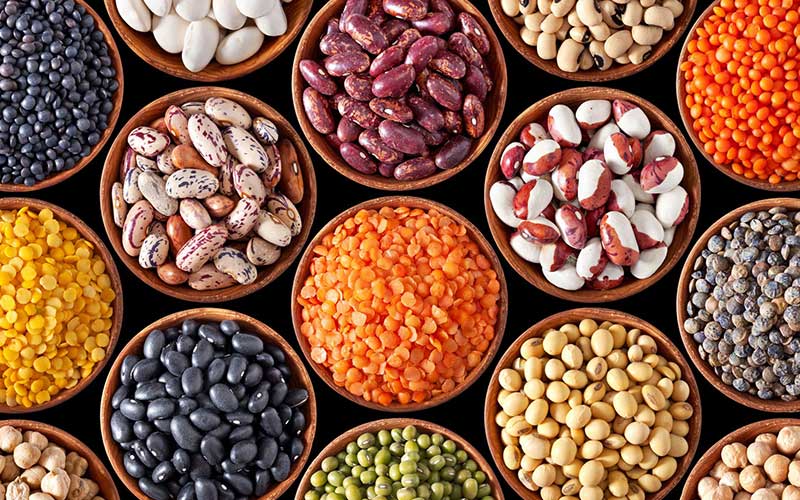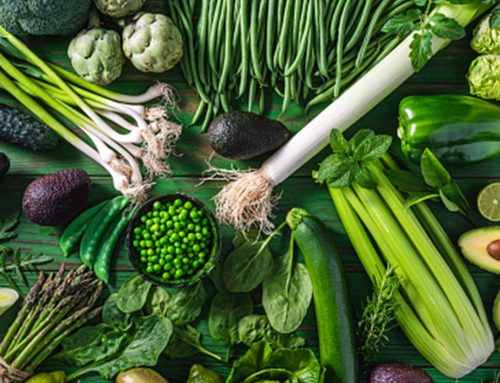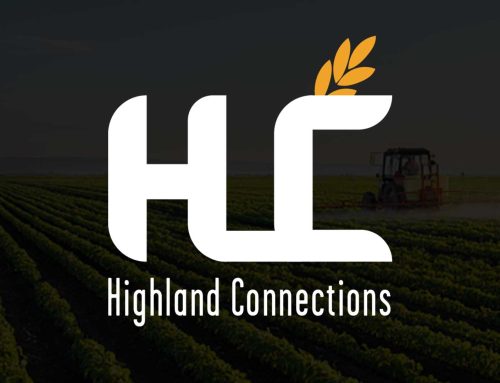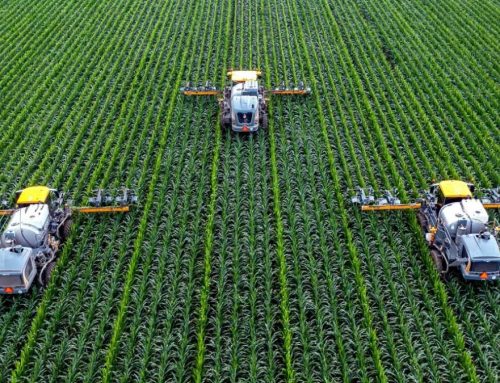Agriculture is a vital industry that plays a critical role in feeding the world’s population. However, to be successful in agriculture, it’s essential to have a reliable supplier for your products. Choosing the right supplier can have a significant impact on the quality of your produce, your costs, and ultimately your profitability.
The process of selecting a supplier can be overwhelming, especially with so many options available. There are many factors to consider, such as the supplier’s reputation, pricing, location, delivery options, certifications, and more.
In this blog post, we will discuss the essential steps to help you choose the best supplier for your agricultural products. We’ll explore how to determine your needs, research potential suppliers, evaluate them, communicate with them, negotiate prices, and sign contracts. By following these steps, you can ensure that you’re partnering with a reliable supplier that meets your needs and helps you achieve your business goals.
Determine Your Needs
Before you can start searching for the right supplier for your agricultural products, it’s essential to determine your needs. This step will help you focus your search and ensure that you find a supplier that can meet your specific requirements. Here are some factors to consider:
What type of agricultural products do you need?
There are many different types of agricultural products, from grains and vegetables to livestock and dairy. It’s crucial to know precisely what type of products you need and what specific varieties or breeds are necessary to meet your customers’ demands. Take the time to research your market and understand what products are in demand, so you can be sure to offer the right products to your customers.
How much of the product do you need?
important consideration is the quantity of products you need. Do you require a large amount of a specific product, or do you need smaller quantities of multiple products? Knowing your needs in terms of quantity will help you find a supplier that can meet your demand and ensure that you have enough product to meet your customers’ needs.
What is your budget?
Your budget is another crucial factor to consider when determining your needs. It’s essential to have a clear understanding of your budget so that you can find a supplier that can provide you with the products you need at a price that you can afford. Keep in mind that the cheapest supplier may not always be the best option, as quality and reliability are also critical factors to consider.
By taking the time to determine your needs, you can narrow down your search for a supplier and find one that can provide you with the specific products and quantities you require, while also meeting your budget. This will help you build a strong, long-lasting relationship with your supplier and ensure that your agricultural business can thrive.
Research Potential Suppliers
Once you have determined your needs, the next step is to research potential suppliers who can meet those needs. Here are some ways to conduct your research:
Online research
The internet is a great resource for researching potential suppliers. You can use search engines to find suppliers in your area or who specialize in the products you need. You can also check out supplier directories or trade association websites for lists of suppliers. Don’t forget to look at their websites and social media pages to get a sense of their products, services, and values.
Referrals and recommendations
Another great way to find potential suppliers is by asking for referrals or recommendations from other industry professionals, such as farmers, processors, or retailers. Reach out to your network and ask for their input on who they recommend as a supplier. This can help you find trustworthy and reliable suppliers who have a proven track record in the industry.
Attend industry trade shows and events
Attending industry trade shows and events is an excellent way to meet potential suppliers face-to-face and learn more about their products and services. You can ask questions, see their products in person, and get a sense of their customer service and professionalism.
By conducting thorough research, you can create a list of potential suppliers and begin evaluating them based on factors such as their location, delivery options, certifications, and track record. This will help you find a supplier who is a good fit for your agricultural business and who can meet your specific needs.
Evaluate Potential Suppliers
Once you have a list of potential suppliers, it’s time to evaluate them based on several factors to ensure that you find the right supplier for your agricultural products. Here are some key factors to consider when evaluating potential suppliers:
Look at their track record
One of the most important factors to consider when evaluating potential suppliers is their track record. Look for suppliers who have a history of delivering high-quality products on time and who have a good reputation in the industry. You can do this by checking online reviews, asking for references, or contacting other industry professionals who have worked with the supplier in the past.
Consider their location and delivery options
Another crucial factor to consider is the supplier’s location and delivery options. Ideally, you want to work with a supplier who is located close to your business to minimize transportation costs and reduce the time it takes for your products to arrive. You should also consider the supplier’s delivery options and ensure that they can accommodate your delivery needs.
Check their certifications and standards
It’s important to work with a supplier who adheres to the highest standards for quality and safety. Check to see if the supplier has any certifications or accreditations, such as Good Agricultural Practices (GAP) or Hazard Analysis and Critical Control Points (HACCP). You can also inquire about their production processes to ensure that they meet your quality standards.
By evaluating potential suppliers based on these factors, you can ensure that you find a reliable and trustworthy supplier who can provide you with high-quality agricultural products on a consistent basis.
Communication and Relationship Building
Effective communication and relationship building are essential when working with a supplier for your agricultural products. Building a strong relationship with your supplier can help ensure that you receive high-quality products on time and that any issues are quickly resolved. Here are some tips for effective communication and relationship building:
Reach out to potential suppliers and ask questions
When you first start working with a potential supplier, take the time to reach out to them and ask questions about their products, services, and delivery options. This will help you get a sense of how they work and whether they are a good fit for your business.
Consider their responsiveness and communication style
During the evaluation process, pay attention to how responsive potential suppliers are to your inquiries. You want to work with a supplier who is easy to communicate with and who is quick to respond to your needs. You should also consider their communication style and ensure that it aligns with your expectations.
Build relationships with suppliers to ensure long-term success
Building strong relationships with your suppliers is essential for long-term success. Take the time to get to know your suppliers and their businesses, and consider working with them to develop new products or improve existing ones. By building strong relationships with your suppliers, you can ensure that they understand your business and can provide you with the products and services you need to succeed.
By focusing on effective communication and relationship building, you can develop strong, long-lasting partnerships with your suppliers. This will help ensure that your agricultural business has a reliable source of high-quality products that can meet the needs of your customers.
Price Negotiation and Contracts
Once you have identified a supplier that meets your needs and is a good fit for your agricultural business, the next step is to negotiate a fair price for their products and services. This process will often involve creating a formal contract that outlines the terms of your agreement. Here are some key factors to consider during price negotiation and contract creation:
Negotiate fair prices for your products
Negotiating a fair price for your agricultural products is essential to ensure that you can make a profit while also providing competitive prices to your customers. Be sure to do your research and understand the current market value of the products you are purchasing. You can also negotiate discounts for large orders or long-term contracts.
Put everything in writing with a formal contract
Creating a formal contract is essential for ensuring that both you and your supplier understand the terms of your agreement. The contract should include details such as the price, delivery schedule, payment terms, and quality standards. It should also outline what happens in the event of a breach of contract or other disputes.
Review and update the contract regularly
Contracts should be reviewed and updated regularly to ensure that they remain relevant and reflect any changes in your business or the industry. This can include updating prices, delivery schedules, or quality standards. Be sure to communicate any changes to your supplier in a timely manner to ensure that they can accommodate your needs.
By negotiating fair prices and creating a formal contract, you can ensure that you and your supplier have a clear understanding of the terms of your agreement. This can help prevent misunderstandings and disputes and ensure that your agricultural business has a reliable source of high-quality products.
Conclusion
Choosing the right supplier for your agricultural products is a crucial decision that can have a significant impact on the success of your business.
By determining your needs, researching potential suppliers, evaluating them based on key factors, and building strong relationships with them, you can find a supplier that can provide you with high-quality products at a fair price.
Effective communication, price negotiation, and contract creation are also essential to ensure a long-lasting partnership. Remember to regularly review and update your contracts to reflect any changes in your business or the industry.
By following these steps, you can find a supplier that is a good fit for your business and ensure that your agricultural products meet the needs of your customers.






